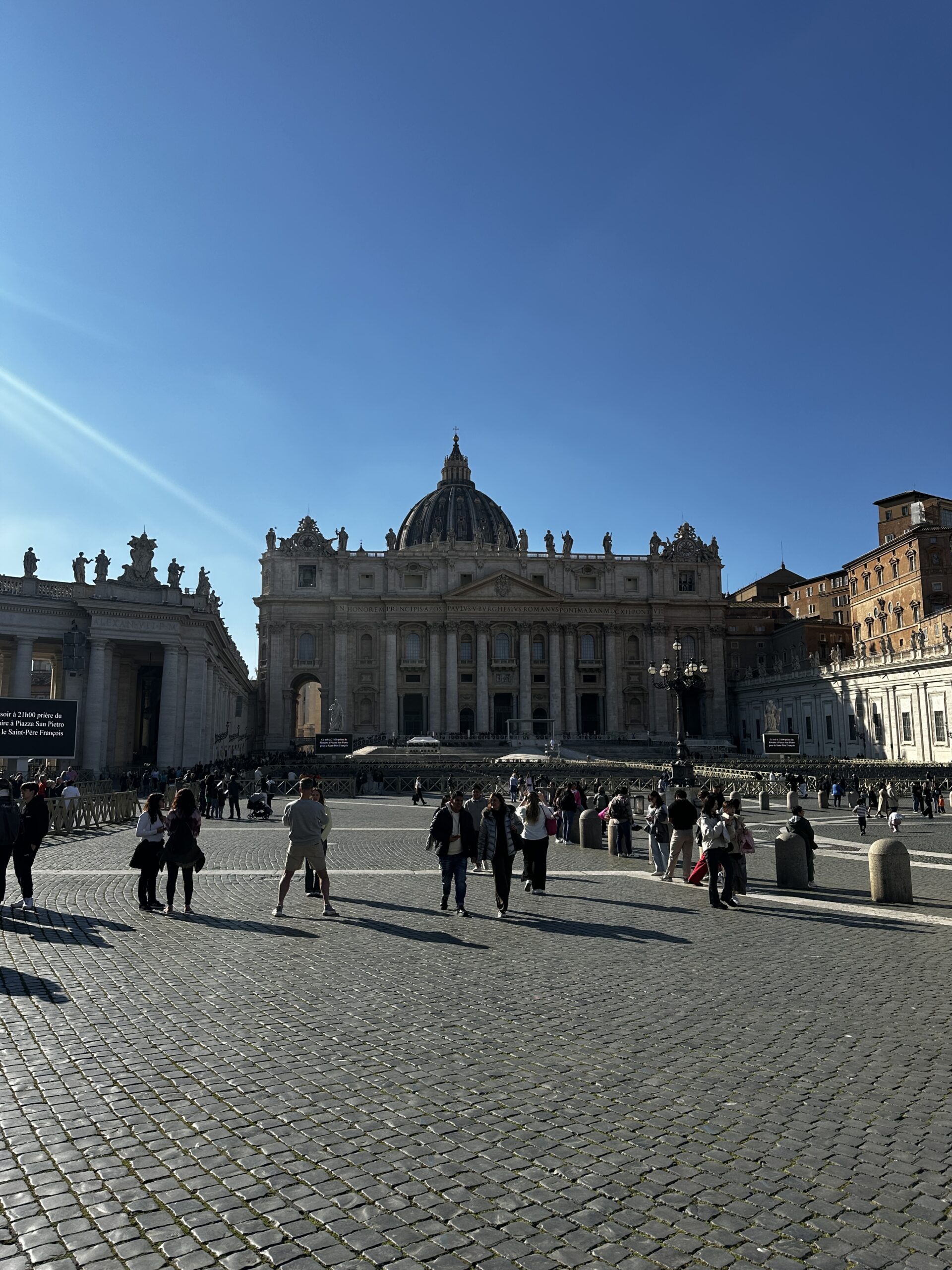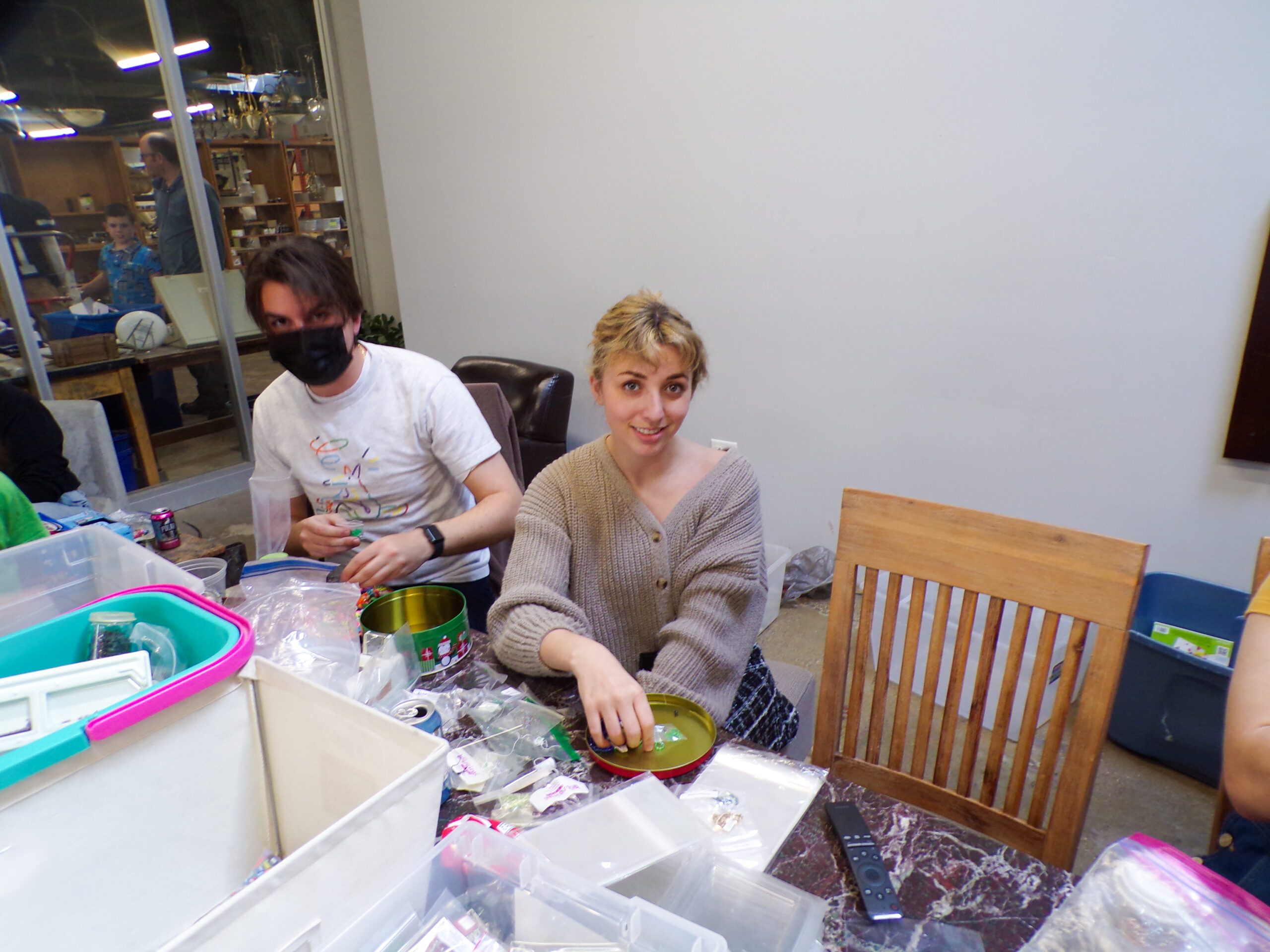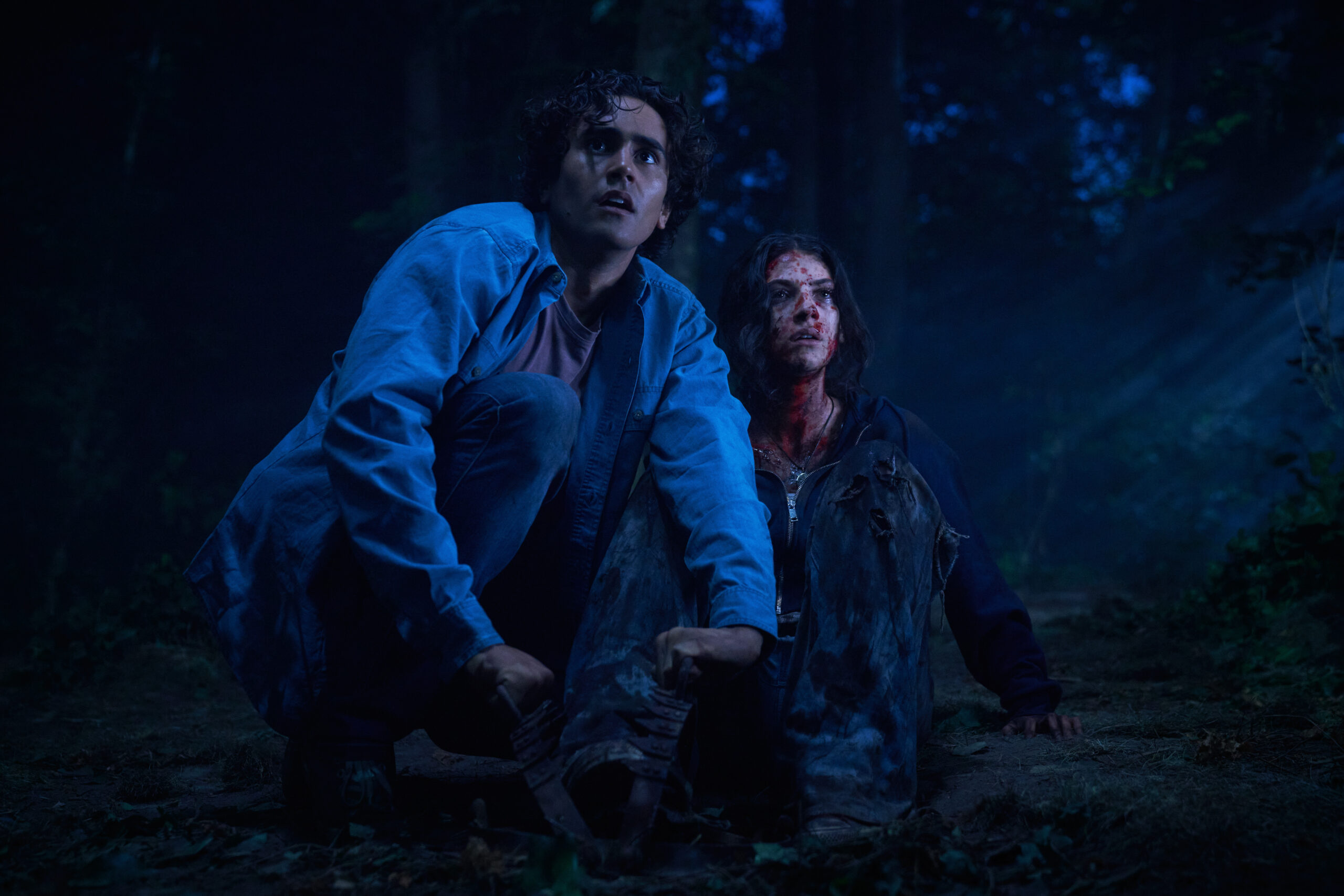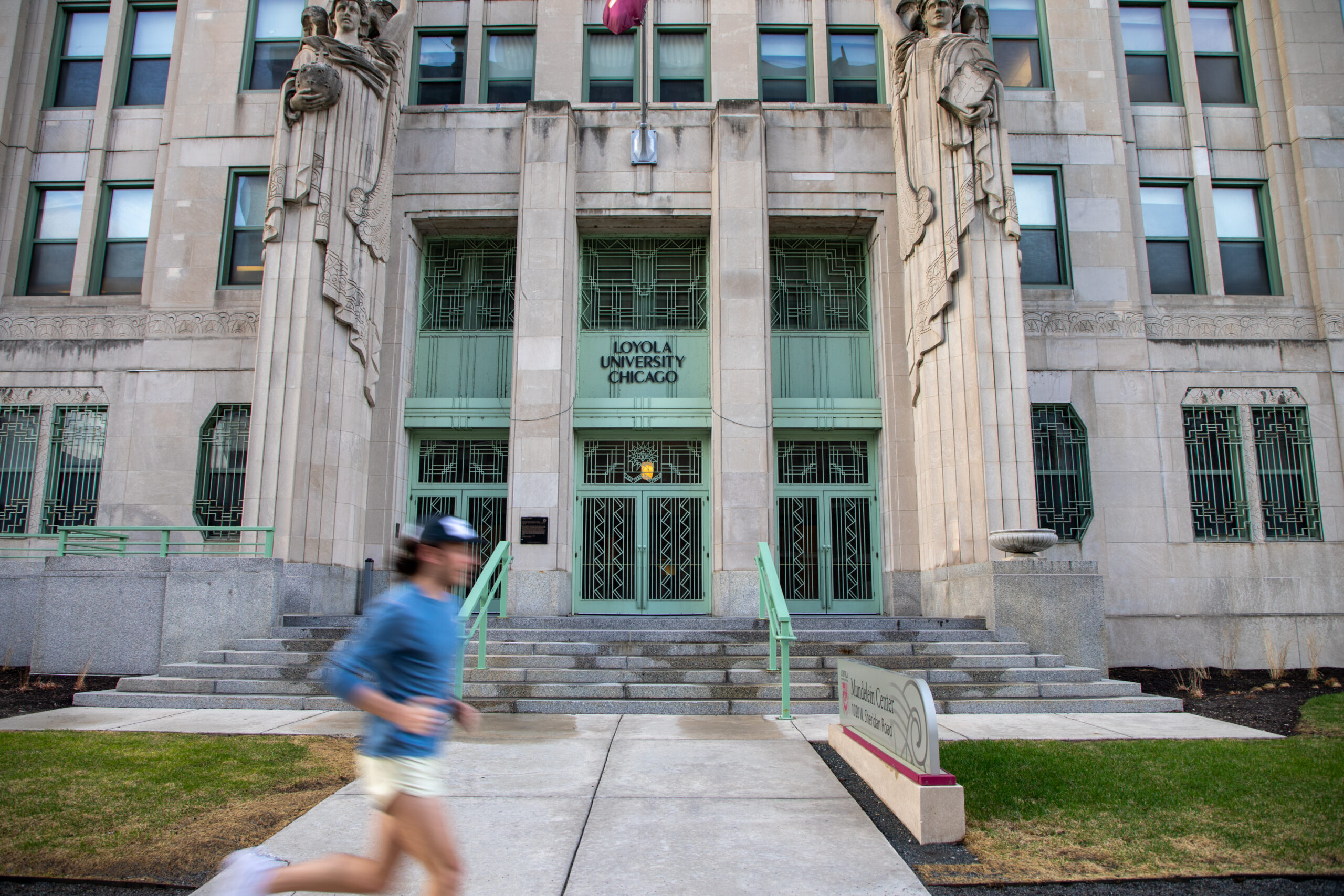“I never saw myself as a drug lord but as a businessman,” Loyola alum Jorge Valdes said.
In the 1980s, Jorge Valdes was illegally trafficking 95% of America’s cocaine into the U.S., according to his autobiography. After serving 10 years in federal prison and undergoing a spiritual awakening, he earned his doctorate in Biblical Studies from Loyola in 2002 and lent an ancient relic to the university.
Prior to becoming a Christian, Valdes said he aligned closer with atheist beliefs for 30 years and felt empty despite his abundance of wealth and success in the drug-dealing business.
“I had everything a millionaire could want,” Valdes said to The Phoenix. “But I was miserable.”
Valdes was attending the University of Miami and working full time at the Federal Reserve Bank by the time he was 21 years old, according to an interview with VladTV, an online platform that focuses on interviewing public figures.
He said he left his job to work for his accounting professor’s grocery store. Unbeknownst to his professor, the store was covering up for the Medellin Drug Cartel.
Valdes said he found out about this cover up after he confronted the store owners about the large amounts of money coming into their business.
After working at the store for a few months, Valdes said accepted the position as U.S. Head of Operations offered by the founders of the cartel.
Valdes said he accumulated millions of dollars in this position and spent it on lavish items like mansions, jets and exotic animals. He said he never used the cocaine he was importing at the time and was purely focused on the business aspect of it.
“I never saw myself as a drug lord but as a businessman,” Valdes said. “When I realized that this business was beginning to hurt people, I walked.”
Valdes said the drug trade can become very violent and although he never hurt anyone during his time as the U.S. Head of Operations of the cartel, his title automatically associated him with violent acts, which he disliked.
In his autobiography titled “Coming Clean,” Valdes said his religious awakening was supported by his karate instructor Timothy Brooks, who prayed for him daily for three years after giving him some background on his own faith.
Valdes said he was then caught by government officials in 1987 for his previous involvement with the cartel.
When he was put on trial in 1987 for years of drug-related crimes, Valdes said he immediately gave up all his assets and had already been out of the business for several years.
He said he believes the judge could see he was already a changed man who was beginning to turn his life around, which accounted for his light 10-year sentence as opposed to some of his colleagues who received life in prison.
A year after his release from prison, Valdes said he began attending Loyola. He said his religious affiliation continued to strengthen during his time at the university as he was completing his dissertation which focused on uncovering the contributions of Spaniards in promoting the Bible during the early stages of its existence.
When Valdes received his Ph.D., he was the sixth Hispanic in the nation with a Ph.D. in Biblical studies, according to the Hispanic Theological Initiative Records.
Valdes said part of his dissertation involved traveling to Alcala, Spain where he received the relic of the body of San Diego as a gift from a bishop he befriended through the Spanish Cultural Attache in Chicago.
“The bishop believed I, a Cuban, had done more to bring forth the importance of our Bible than any Spaniard had,” Valdes said. “So, one day, he decided that he’s going to give me one of the relics that exists of San Diego.”
The relic of the body of San Diego is a first degree relic, meaning it is a piece of the actual remains of San Diego, making it incredibly valuable and rare, according to Valdes.
Saint Juan Diego, also known as San Diego, was a Native American from modern-day Mexico who lived in the 15th century, according to the Newman Ministry. He played a considerable role in the spread of Catholicism throughout Mexico and is also known as the saint who first saw Our Lady of Guadalupe, according to the ministry website.
There are only two relics that exist of the body of San Diego, and the Vatican told the bishop to give them to someone deserving, according to John McCarthy, professor emeritus in the Department of Theology at Loyola. McCarthy said he accompanied Valdes on his trip to Alcala.
After receiving the relic, Valdes said he lent it to the university, allowing them to display it to students and visitors in the Madonna della Strada Chapel.
Although the relic was only being lent to them, Loyola gave it to the University of San Diego as a gift for a major anniversary at the California university, according to Valdes.
Valdes said Loyola refused to return the relic without proof of ownership, which he was able to provide with the help of attorneys he hired and paperwork the bishop provided.
With the relic back in his possession at his home chapel, Valdes said he prays in front of it and looks at it on a daily basis.
Despite this miscommunication about the ownership of the relic, Valdes said he holds nothing against the university and appreciated their graciousness in returning the relic once he provided proof of his ownership.
Valdes said he loved his time at Loyola and is grateful for his professors who helped shape him into the public-speaker he is today, helping others find hope.
“My whole experience was fabulous,” Valdes said. “I had the greatest professors and they were extremely kind to me.”
Valdes now speaks at over 30 youth rallies every year and has a mission of sending his book to as many prisoners as he can to help them find hope, according to his Netflix special “Cocaine Cowboys: Kings of Miami.”
“It doesn’t matter how we fall,” Valdes said. “What matters is how we get up.”
This story was written by Lilli Malone and Taylor Zielenbach
Featured image courtesy of Jorge Valdes
-
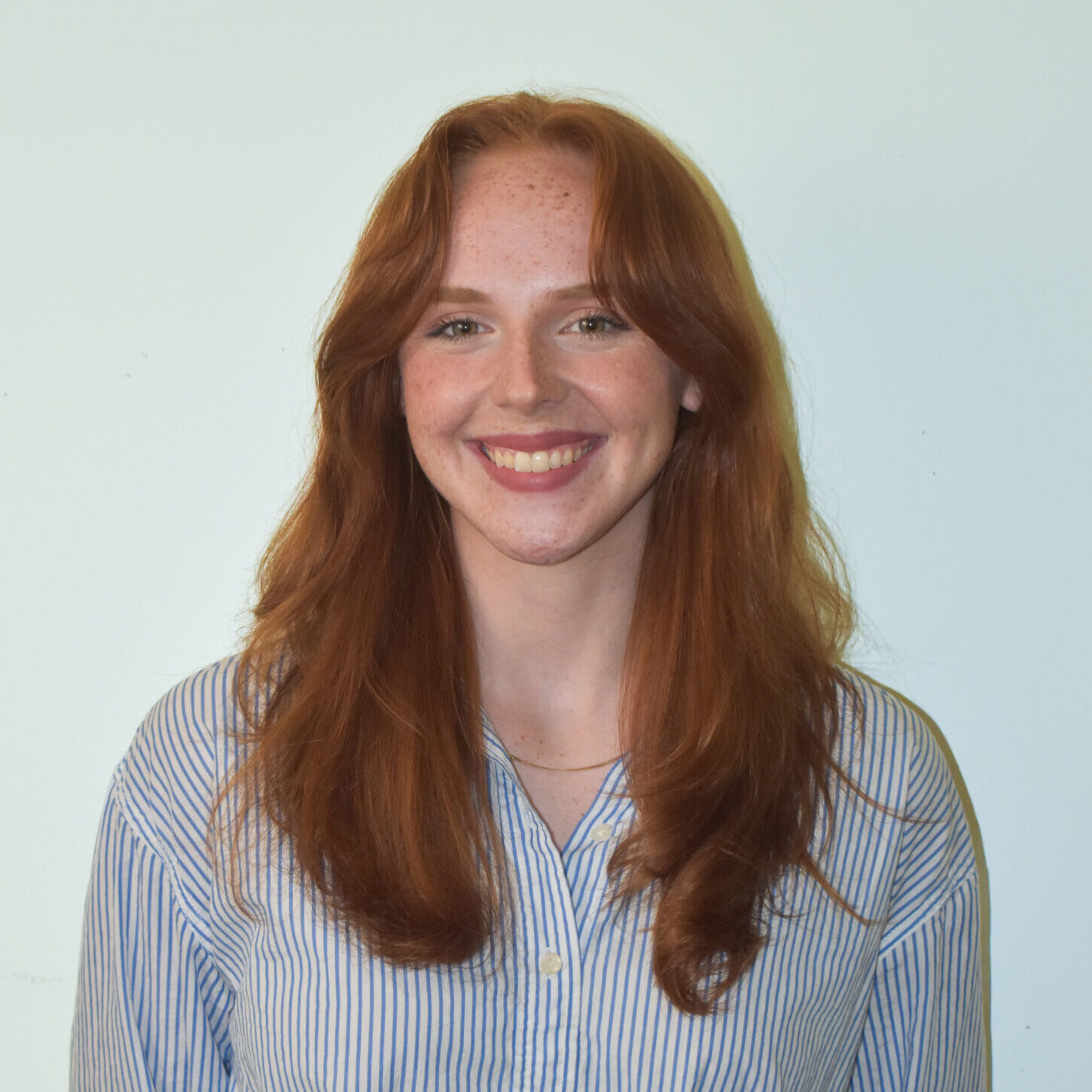
Lilli Malone is the News Editor of The Phoenix and has written for the paper since the first week of her first-year. She is studying journalism, criminal justice and political science, is on the board of SPJ Loyola and was previously the deputy news editor of The Phoenix. She has worked as a Breaking News Correspondent for The Daily Herald, and has interned at Block Club Chicago, Quotable Magazine, and UCLA. Originally from Columbus, Ohio, Malone enjoys traveling, reading, and telling the stories of Loyola and Rogers Park community members.
View all posts -







